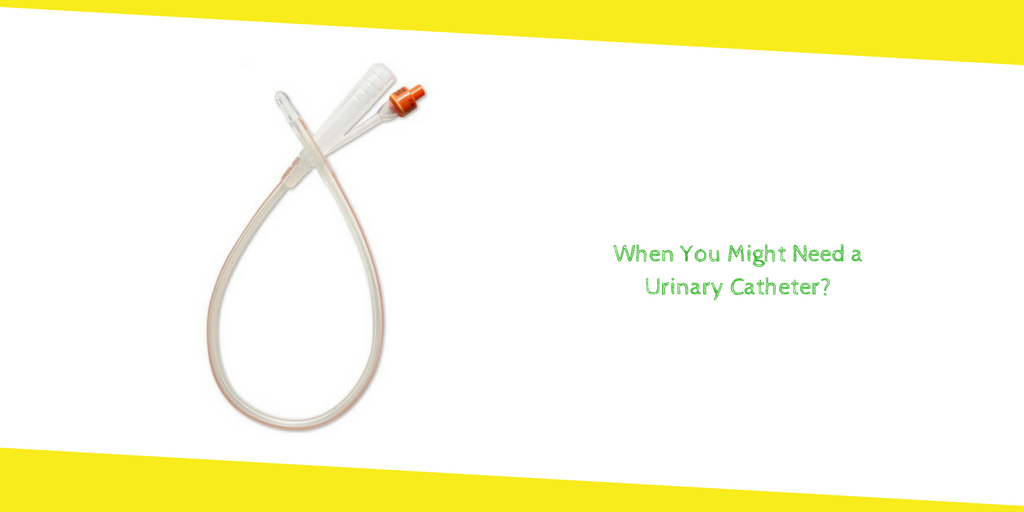
Most of us may know that a urinary catheter is a flexible tube used to collecting and then leading the urine from the bladder to a drainage bag. These hollow tubes come in many sizes and types, and are made of either rubber, plastic (PVC) or silicone. Their use becomes necessary only in cases where someone is not able to empty their bladder – a condition where urine can build up and cause pressure in the kidneys leading to the failure of the organ (kidney). So, catheters are basically used to let people urinate on own despite having some medical problem.
Cases when we might need a urinary catheter
You should know doctors recommend catheter to only those unable to urinate on own for a short period of time. It’s used when someone faces urinary incontinence or urinary retention. In fact, those with injury or severe illness may have to use the tube for either on a permanent basis or for a longer period of time.
Let’s look at cases when we might need a urinary catheter –
- A catheter may be used for a short time in case where the need is to drain the bladder right after or before an operation.
- It’s also need for a short time to drain the bladder while a woman is giving birth.
- The short-term use also takes place when some has lost consciousness and need monitoring of urine output.
- It’s also needed when some injury to the bladder may have caused blood clots and debris as their removal becomes imminent.
- A urinary catheter is also needed for a long term basis when even surgery or medication is not able to remove the obstruction in the urinary tract.
- The tube is also necessary on a long-term basis in cases someone is bed-ridden and unable to visit the toilet in a normal manner.
- Doctors also use the tube on a long-term basis while treating urinary incontinence when other options/methods have yielded no result.
- The use of urinary catheter on a permanent basis is seen in cases when someone is unable to control the nerves and muscles of the bladder due the problem of the nervous system.
- The tube may also be used on a permanent manner on someone facing acute trauma to the bladder, spine or pelvis.
- Anyone unable to control their bladder in the normal way may need the tube on a permanent basis as well.
- All the three types of catheters – indwelling catheters also known as foley catheter, external catheters, and short-term catheters can be used ranging from short to long-term uses.
- In some cases, the tube is also used to take urine sample for test of bacterial infections.
- Doctors may also use then to deliver medication directly into the bladder.
- The use of catheter needs some care as there is associated risk of urinary tract infections (UTI).
- The doctors advise to routine clean the tube to avoid any risks of infection to the patient.